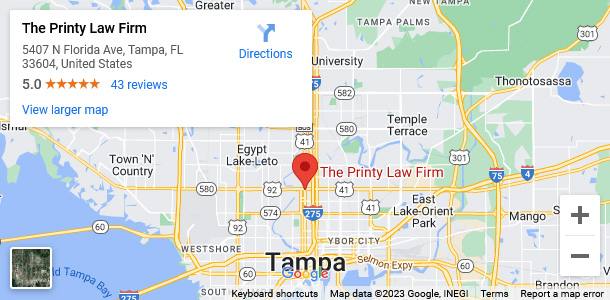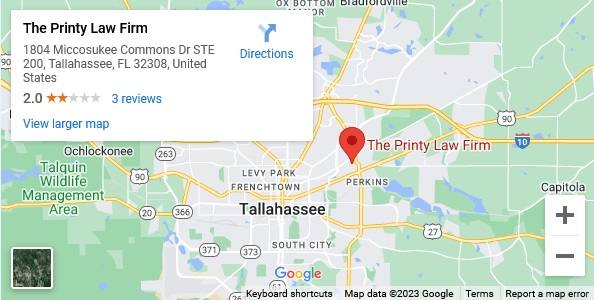What is Personal Injury Law?
Personal injury law refers to the legal remedies and defenses involved in civil lawsuits brought as a result of wrongful conduct. In fact, the word “tort” comes from a Latin term meaning twist, wrong, or harm. In contrast to criminal law, a tort action does not involve the government prosecuting the wrongdoer. Rather, these cases involve a private plaintiff seeking compensation (usually money) for the harm caused by the defendant’s actions.
Most personal injury cases are based on the doctrine of negligence. In essence, negligence requires every member of society to act responsibly and avoid putting others at risk. That is not to say that negligence will result each time someone gets hurt. The doctrine recognizes that some accidents are unavoidable. To establish liability, the plaintiff must show that a reasonably prudent person in the defendant’s position would have acted differently under the circumstances.
Examples of negligence include car accidents caused by drunk drivers, medical complications resulting from a physician’s carelessness, and dog bites that occur when vicious animals are permitted to roam free. In each instance, the responsible party ignored the risk posed to others, and as a result, the plaintiff was injured.
Once negligence has been established in a personal injury case, the defendant must pay the plaintiff for all injuries caused by the defendant’s actions. Certain types of damages are easy to calculate, such as property damage and medical bills. For other types, such as emotional distress and loss of earning capacity, expert testimony may be required. Punitive damages, meant to punish and deter particularly egregious conduct, may also be available.
When initiating a tort action, identifying the proper defendants can be difficult. This is because the “tortfeasor” who directly harmed the plaintiff – be it a delivery driver, nurse, grocery store clerk, or other individual – may not have the financial resources to pay a large judgment. An experienced injury attorney can identify and sue additional parties who are liable based on their relationship to the tortfeasor, such as a landlord or employer.
Common Torts and Defenses
Personal injury law encompasses a number of causes of action besides negligence. Many of these fall under the umbrella of intentional torts. As the name suggests, in these situations the defendant acts purposefully to harm the plaintiff. Examples include assault, battery, false imprisonment, trespass, theft, and infliction of emotional distress.
On the opposite end of the tort spectrum, there are scenarios in which defendants will be liable even though they did everything possible to avoid causing the harm. This is referred to as strict liability. The law will hold a defendant strictly liable if someone is hurt while the defendant is engaging in a highly dangerous activity, even if the activity is legal and all precautions are taken. Building demolition and transporting hazardous materials fall into this category.
Another common tort involves injuries caused by defective products. Liability in these cases can be imposed based on a theory that the manufacturer acted negligently by designing and selling an unsafe product. Or, if certain elements are met, plaintiffs hurt by a defective product may be able to sue under a strict liability theory. Either way, product liability cases have the potential to become large class action lawsuits, involving many plaintiffs and enormous money judgments.
To defend against personal injury liability, defendants tend to rely on a few common defense theories. In negligence cases, the defendant may argue that the plaintiff did not use due care, and is partially or wholly responsible for his or her own injury. The defendant may also claim that the plaintiff “assumed the risk” by voluntarily participating in a dangerous sport or activity, or that the plaintiff impliedly gave the defendant permission to take the action that ended up harming the plaintiff.
Plaintiffs who want to avoid losing a tort case based on such arguments should hire legal counsel. Retaining an attorney will also help avoid the unfortunate circumstance of violating a statute of limitations (that is, missing the deadline for filing the lawsuit), which is always a concern in personal injury cases.





